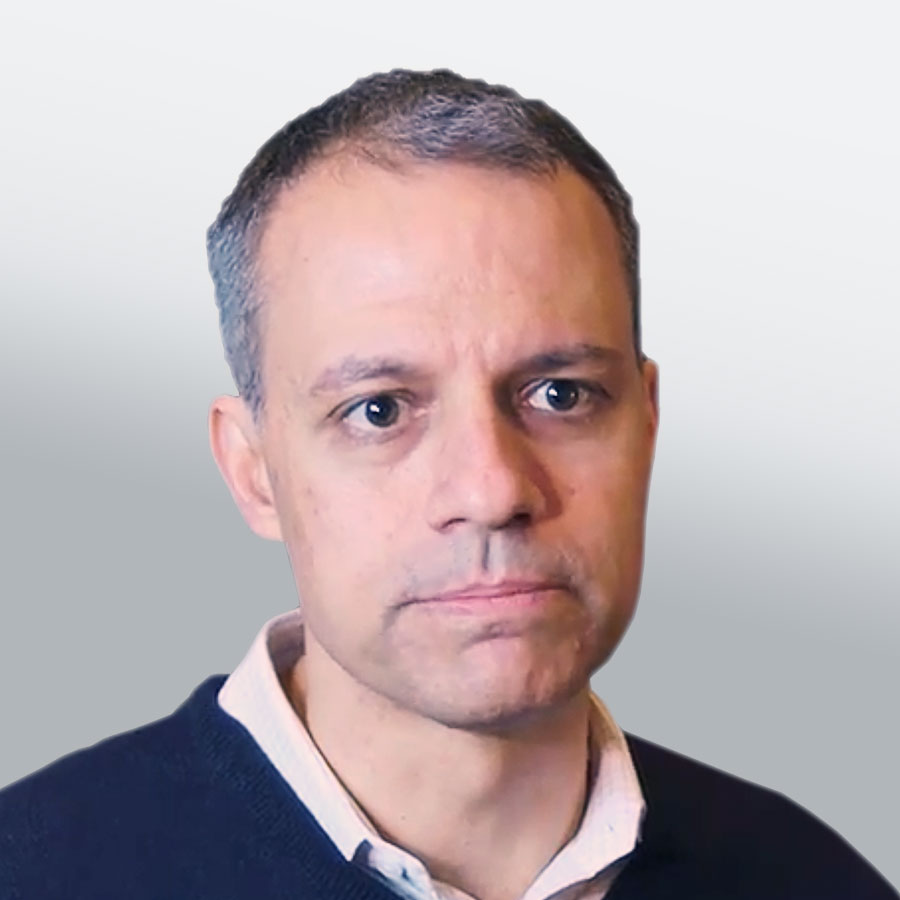The most challenging part of Camargo’s work today is the process of parsing out which technologies are ready to help find treatments, and which technologies are not yet workable solutions to assist in biopharmaceutical research. One area that excites him is computer science. “Now, we can look at data in a different way, which is redefining disease and having a better, more holistic view of the patient. This is going to allow great changes, not only in how we discover medicines, but also in how we can improve care.”
Camargo says he’s inspired by the fact that the advances in treatment have the potential to reach every person and provide value in a unique way. “We all know there will be a certain number of people that will develop Alzheimer’s. We all know there are a certain number of people who may suffer from schizophrenia, or others that will be born and grow up with food allergies. We know all of these things. Our challenge is this: How do we find medicines or other ways of treating these patients? Disease is something that we all live with one way or another, either hidden or explicit. The potential to affect that many people is why I am in this business.”

